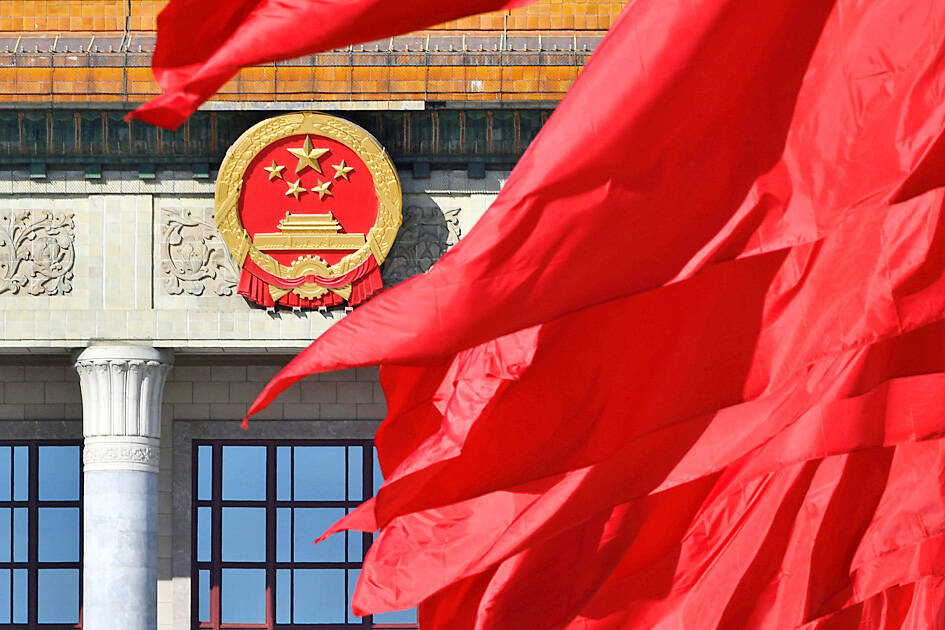Taipei: The Taiwanese government is exploring plans to require legislators and other elected officials to obtain prior approval before traveling to China, aiming to curb Chinese infiltration efforts, according to local media reports citing an official source.
In March, President William Lai announced 17 initiatives focused on countering China’s increasing influence, including measures to promote transparency around official trips to mainland China for public accountability purposes.
The official revealed that discussions are underway to amend the existing Act Governing Relations Between the People of Taiwan and Mainland China. The proposed changes would impose stricter regulations on all public servants—including military personnel, government employees, legislators, and borough wardens—who travel to China, emphasizing the need for open and transparent journeys given their roles in maintaining public trust and national security.
“Legislators represent a vulnerability in our national security,” the official stated, noting that current practices do not require lawmakers to seek approval before traveling to China. Additionally, the Legislative Yuan does not disclose which members have access to classified information, unlike other government agencies, which heightens concerns about potential infiltration.
Under the proposed framework, some officials would need to undergo joint review and obtain authorization for their trips, while others would be obliged to publicly disclose their travel plans. Grassroots officials, such as borough wardens, would not need to seek permission but would be required to share their travel details publicly. Those working in agencies with access to classified information would face more stringent regulations to safeguard national security.
The move marks Taiwan’s effort to address vulnerabilities in its legislative and administrative systems amid ongoing concerns over espionage and infiltration activities linked to China.
